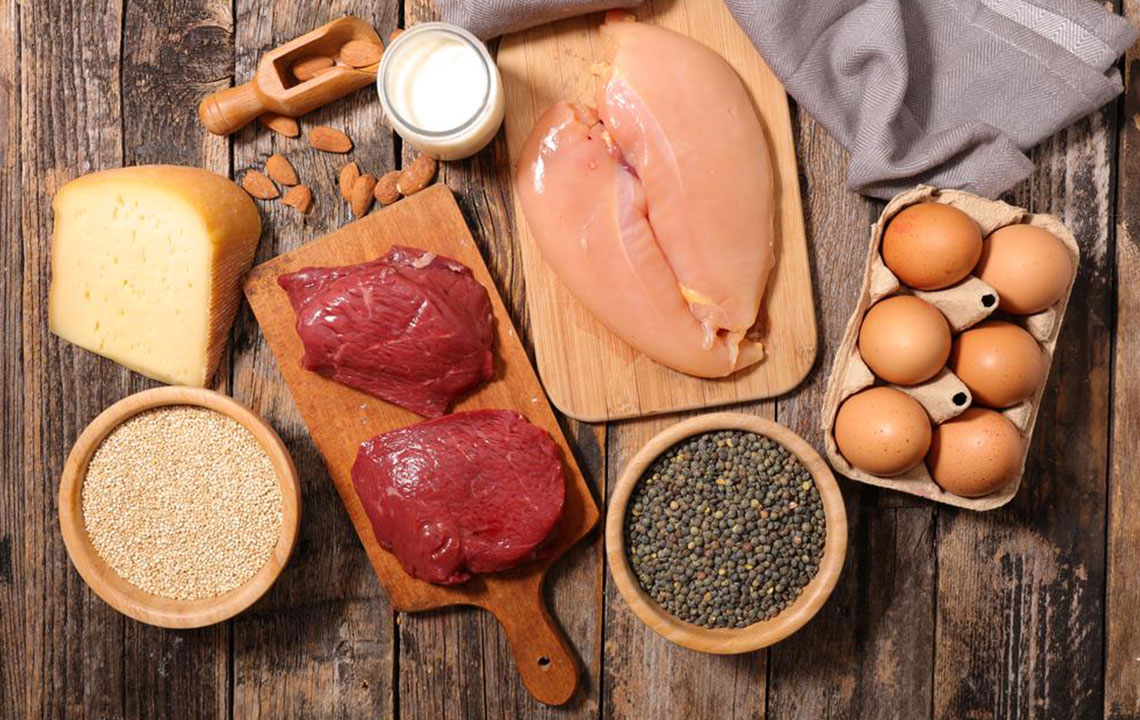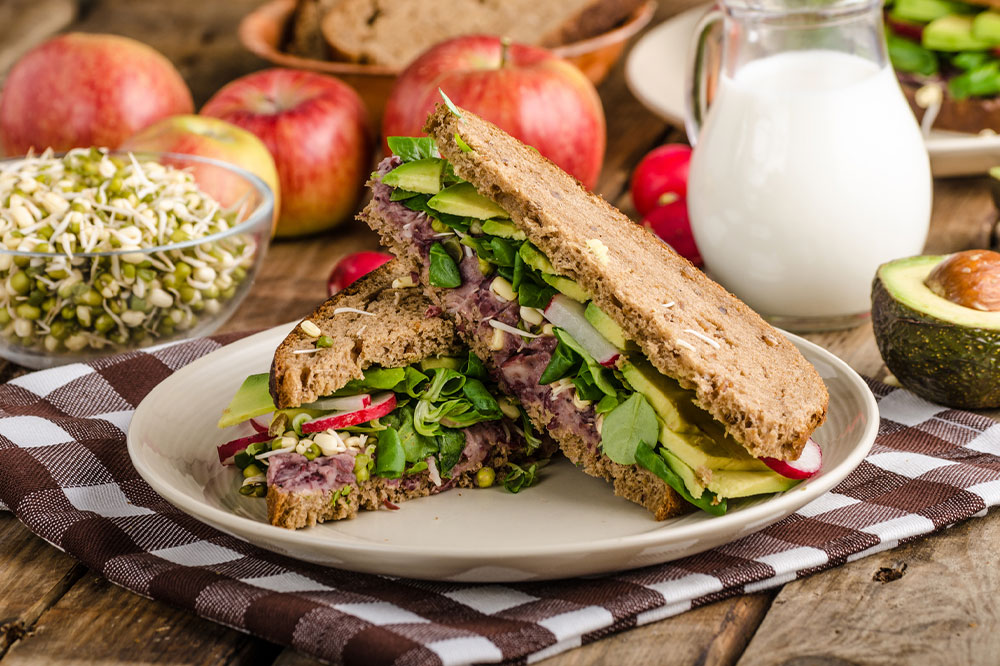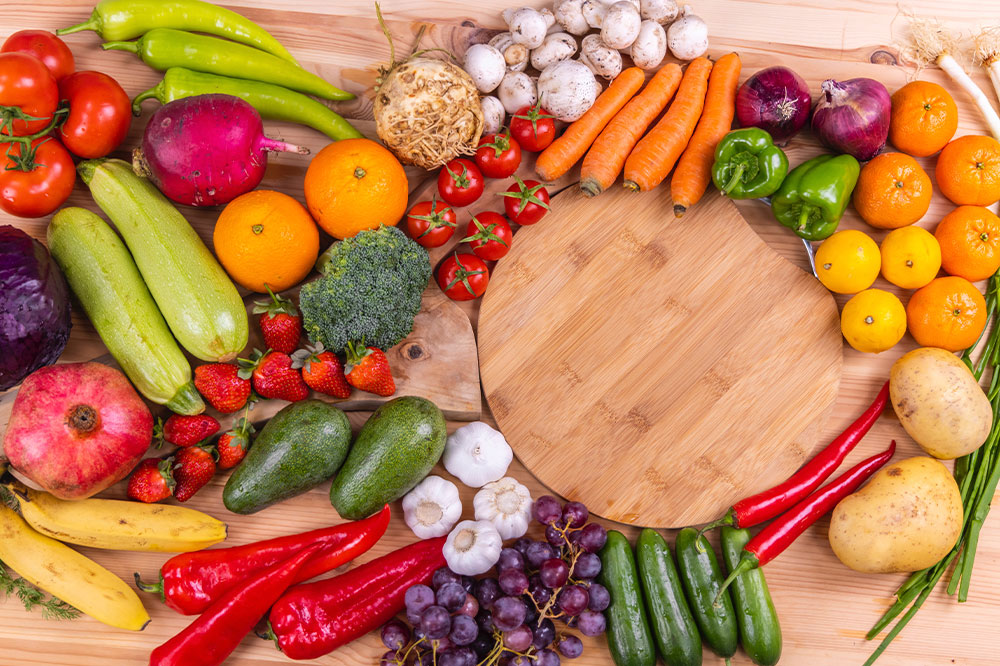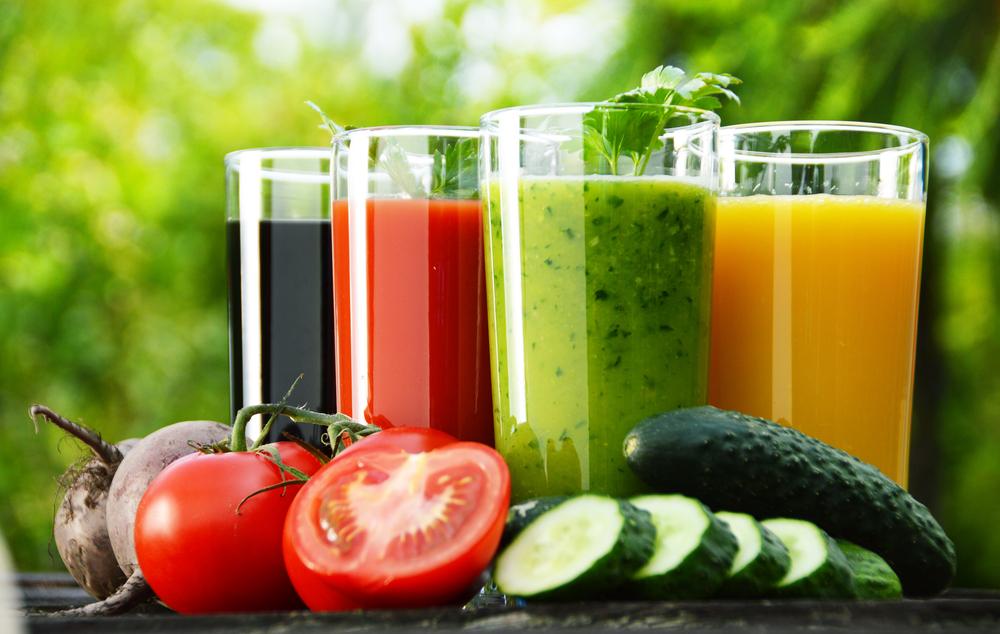Effective Nutrition Plans for Achieving and Maintaining Perfect Body Weight
Discover comprehensive dietary strategies to achieve and maintain your ideal body weight. Learn how to increase vegetable intake, incorporate whole grains, stay hydrated, and plan meals effectively for sustainable weight management. This guide provides practical tips backed by nutritional science to support your health and wellness goals.

Effective Nutrition Plans for Achieving and Maintaining Perfect Body Weight
Achieving and maintaining an optimal body weight is a fundamental aspect of overall health and well-being. It is not just about aesthetics but also about reducing the risk of serious health conditions such as hypertension, type 2 diabetes, heart disease, and other chronic illnesses. While engaging in regular physical activity and adopting a healthy lifestyle are crucial components, the foundation of successful weight management is rooted in mindful nutritional choices. Whether your goal is to shed excess pounds or build muscle mass, establishing effective dietary habits is key to reaching and sustaining your ideal weight.
In this comprehensive guide, we will explore essential dietary strategies that can help you achieve your weight goals while ensuring your body receives all the necessary nutrients to stay healthy and energized. From increasing vegetable intake to smarter hydration and meal planning, these tips are designed to support sustainable and healthy weight management.
Prioritize Vegetable Intake for Better Health and Weight Control
Despite widespread awareness of their benefits, statistics show that only about 9% of adults consume the recommended daily servings of vegetables. Vegetables are vital for a balanced diet—they are low in calories but rich in dietary fiber, vitamins, minerals, antioxidants, and phytochemicals. Including a diverse array of green vegetables such as broccoli, zucchini, bell peppers, tomatoes, onions, cauliflower, and Brussels sprouts can dramatically improve your nutritional intake. These foods are powerful allies in reducing inflammation, supporting digestion, and maintaining a healthy weight.
Incorporating vegetables into every meal can be an effective strategy. For breakfast, add spinach to your omelet or blend kale into a nutrient-dense smoothie. For lunch and dinner, fill half your plate with colorful vegetables, either raw, steamed, or roasted. Experimenting with different cooking methods and herbs can make vegetables more appealing and enjoyable to eat regularly.
Integrate Whole Grains into Your Diet for Enhanced Weight Management
Choosing whole grains over refined grains is a simple yet effective way to support weight management. Whole grains like oats, brown rice, quinoa, barley, and whole wheat contain higher levels of dietary fiber, vitamins, minerals, and phytochemicals. These components are essential for healthy digestion, promoting satiety, and stabilizing blood sugar levels, which helps prevent cravings and overeating.
For breakfast, opt for unsweetened oatmeal topped with nuts and berries. Prepare whole-grain bread for sandwiches or snack on whole-grain crackers paired with healthy spreads such as hummus or almond butter. Keep portion sizes in mind—aim for around four to six crackers per serving—to avoid excessive calorie intake while enjoying their nutritional benefits.
Adding whole grains to your meals can significantly enhance your metabolic health, reduce cholesterol levels, and support body weight regulation over the long term.
Stay Hydrated to Support Metabolism and Curate Satiety
Water is often underrated in weight management. Drinking at least 8-12 glasses of water daily is critical for optimal body function. Proper hydration ensures efficient blood circulation, aids digestion, facilitates waste elimination, and maintains cellular health. Water also influences metabolic processes that are crucial for weight control.
Did you know that drinking a glass of water before meals can help you feel fuller more quickly, thereby reducing the amount of food consumed? Staying well-hydrated can help prevent overeating and manage hunger cues effectively. For those who find plain water bland, infusing it with slices of lemon, cucumber, or herbal herbs can make hydration more enjoyable and encourage regular intake.
Plan Meals and Snacks for Steady Energy and Better Portion Control
Meal planning is an indispensable strategy for maintaining a balanced diet and achieving specific weight goals. Preparing your meals in advance allows you to control portions, make healthier choices, and avoid impulsive eating of fast foods or processed snacks. Regular, nutritious meals also support stable blood sugar levels, which can mitigate hunger pangs and prevent binge eating.
Incorporate a variety of foods into your meal plans that include lean proteins, healthy fats, whole grains, and plenty of vegetables. Snacking smartly is equally important; opt for nutrient-dense options such as nuts, seeds, or fruit paired with a small portion of protein or dairy. Setting specific eating times and sticking to them can create a routine that helps your body adapt and optimize metabolic function.
By meticulously planning your meals, you lay the groundwork for consistent progress towards your body weight goals and enjoy improved digestion and energy levels throughout the day.





